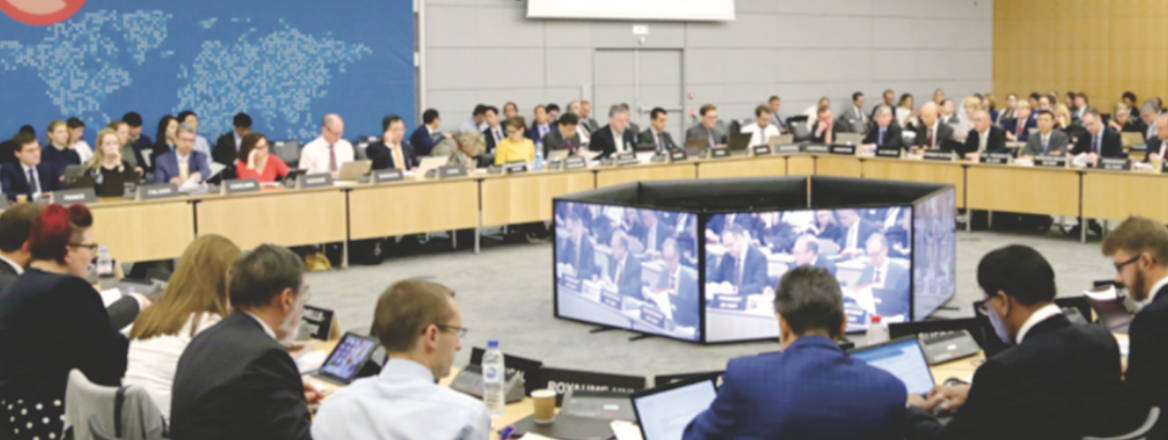RUSI Experts Welcome Commitment to Combat Environmental Crime by Financial Action Task Force
The new president of the Financial Action Task Force, Dr Marcus Pleyer, has expanded the standards body’s commitment to combatting organised environmental crime.
This week, the incoming German President of the Financial Action Task Force (FATF) committed to build on its work to combat the illegal wildlife trade by focussing on a wider range of environmental crimes. As the global body responsible for setting standards on fighting financial crime, FATF’s leadership on this issue is critical.
Over the past year, the Chinese Presidency of the FATF has focussed on money laundering connected to the illegal wildlife trade (IWT). Last Friday, the FATF released a report with dire findings on the lack of financial action against wildlife trafficking.
In an article published earlier this week, RUSI experts Tom Keatinge and Alexandria Reid encouraged the FATF to use these findings to maintain and expand its environmental focus under the German Presidency. The authors suggested the FATF should focus on timber trafficking and illegal, unreported and unregulated (IUU) fishing. RUSI therefore welcomes Dr Pleyer’s commitment.
RUSI’s research has consistently shown how environmental crimes such as illegal, unreported and unregulated fishing and timber trafficking are conducted on a transnational and industrial scale.
Alexandria Reid, a research fellow at RUSI said, ‘Even prior to Covid-19, this was already an extremely important year for climate action. From July 2020, Germany will occupy the presidency of both the FATF and the Council of Europe, so the country is uniquely well-positioned to lead the way in green economic recovery after the pandemic.’
Alexandria Reid, also said, ‘There is a false perception that the proceeds of environmental crime are only moved in cash, but this is not the case at all. The profits of environmental crime are so vast – somewhere between US$91-259 billion annually – that they have to move through the formal financial system at some point. We need to treat environmental crime like any other type of organised crime and go after the high-level perpetrators.’
Tom Keatinge, Director of RUSI’s Centre for Financial Crime & Security Studies said, ‘Many have been looking to the FATF for some time to drive the financial investigation of IWT and other environmental crimes up the global financial crime agenda. Building on the past 12 months and embedding a lasting change in attitudes and responses is critical.’
Tom Keatinge, also said, ‘More broadly, as the FATF continues its Strategic Review, we hope that this more proactive response to criminal threats becomes central to the FATF’s activities and that it can lead a step-change in responses to a range of financially-motivated global threats.’
EDITOR NOTES
- For the past six years, RUSI has run a range of research projects assessing the global financial crime response to environmental crime, including two funded by HM Government’s DEFRA Challenge Fund, Pew Charitable Trusts and one by GIZ, the German development agency.
- For further details see, ‘Leading from Behind: The Focus on the Financial Investigation of Wildlife Crime Must be Sustained’, 29 June 2020, https://rusi.org/commentary/leading-behind-focus-financial-investigation-wildlife-crime-must-be-sustained
- Dr Pleyer will be the FATF’s first two-year President, after the FATF’s members extended the mandate by one year.
EXPERTS
Tom Keatinge
Director, CFS
Centre for Finance and Security
Alexandria Reid
RUSI Associate Fellow, OCP | SHOC Network Member - Researcher



